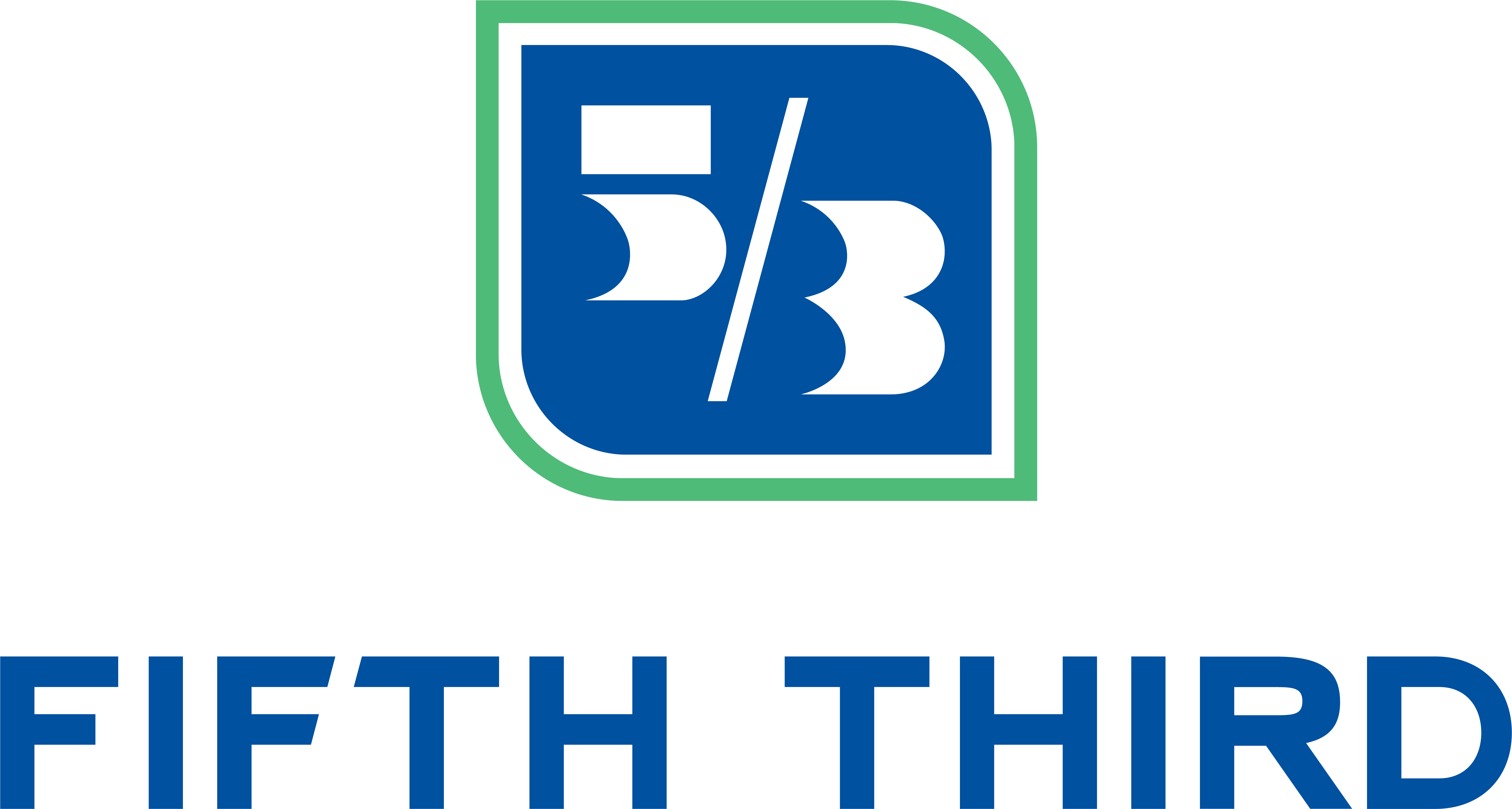From the Fifth Third Bancorp 2021 ESG Report: Climate Risk Management

The following is an excerpt from the Fifth Third Bancorp Environmental, Social and Governance Report, which was published on June 30, 2022. Read the full report.
Fifth Third’s organization-wide focus on managing climate-related risks is overseen directly the Board of Directors. The Board is responsible for overseeing corporate governance, strategy and risks, which include risks and opportunities related to climate. In fulfilling its responsibilities, the Board has delegated responsibilities to the following committees:
- Nominating and Corporate Governance Committee—to monitor and oversee governance matters, including ESG-related commitments, issues and strategies.
- Risk and Compliance Committee—to monitor and oversee risks, including those related to climate.
- Audit Committee—to monitor and oversee management financial statements and audit functions, including climate-related disclosures.
Risk Identification and Management
Fifth Third identified climate-related risks as an “emerging” risk in 2017. Since then, the Bank has updated the Enterprise Risk Management framework to define climate risk for the Bank, and physical and transition risk was incorporated into each of the risk types to describe how climate risk could impact inherent or residual risk.
Environmental & Social Risks Across the Value Chain
Upstream—Third Parties and Suppliers
Fifth Third relies on third parties for a variety of products and services to support our operations and the successful delivery of products and services to customers. The Supplier Code of Conduct sets forth expectations for ethical, human rights, labor and environmental standards throughout our supplier network. Suppliers are required to uphold these responsible business practices by encouraging the same standards among their next-level suppliers. Suppliers are expected to comply with the content of this code, along with all applicable laws, regulations and standards of the states and countries in which they are headquartered and do business. Suppliers may be asked to provide written affirmation that they have read, understand and abide by the terms of this code.
Downstream—Customers
Recognizing the heightened environmental risks inherent in the energy sector, in 2013, we implemented a component to assess environmental risk for new lending opportunities. In addition to such risks as the client’s management of water and air emissions, we also evaluate social risks such as worker safety and community engagement.
In 2020, we published our Environmental and Social Policy that identifies sectors that pose heightened environmental and social risks. The policy, which is updated at least annually and approved by our Board of Directors, provides guidance on clients in sectors and activities that are prohibited or that are subject to enhanced customer due diligence and may require escalated review and approval from senior leaders. Fifth Third’s climate risk program supports the lines of business in periodic training to our front line employees primarily responsible for identifying and evaluating risks, including the environmental and social risks inherent within their businesses.
As of March 31, 2022, we have reviewed 78 client relationships in sectors with elevated environmental and social risks, which therefore require enhanced due diligence. The reviews have focused mainly on energy sector clients. Nearly two-thirds of these customers already have internal ESG policies in place, and nearly half have public ESG statements.

